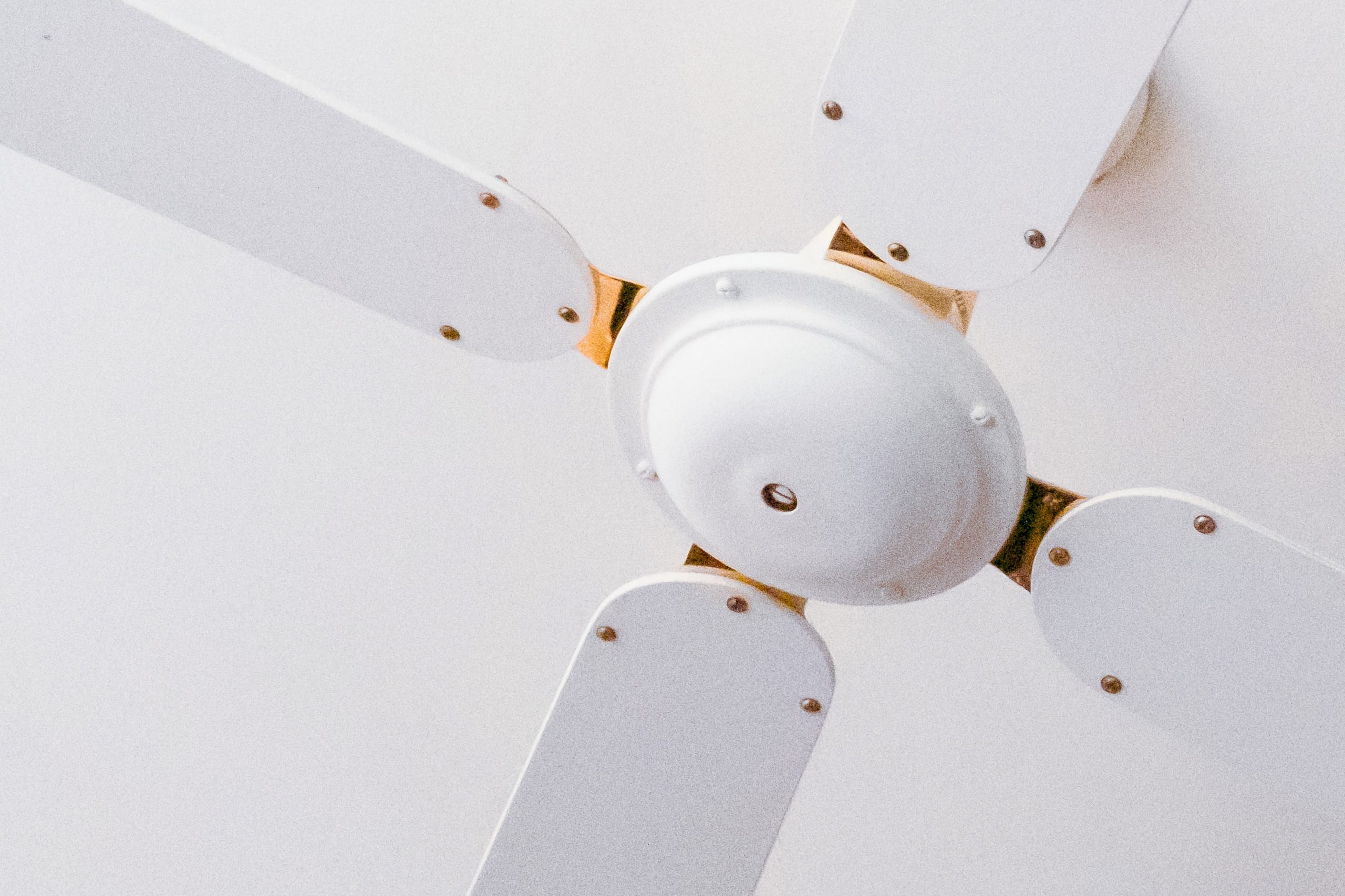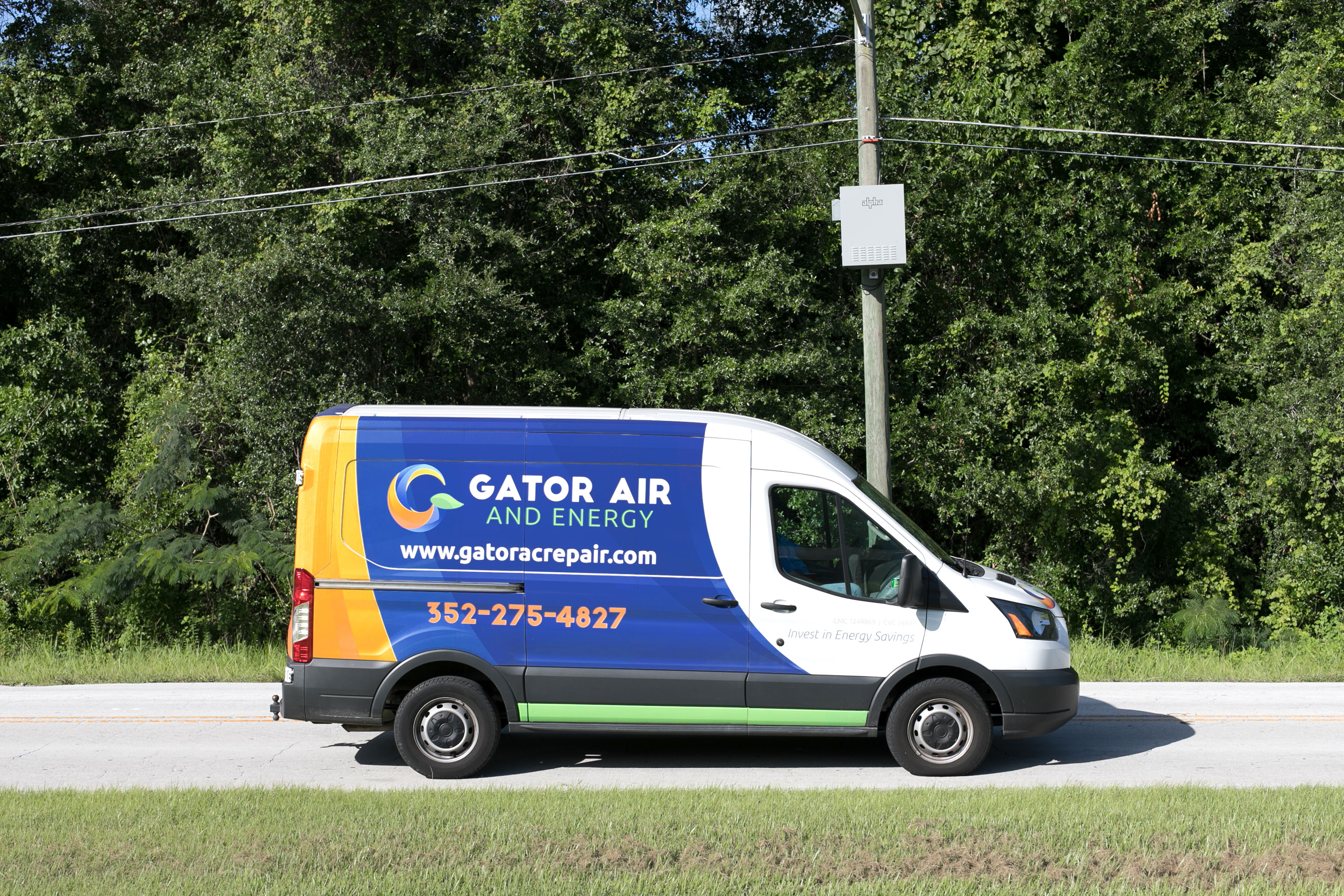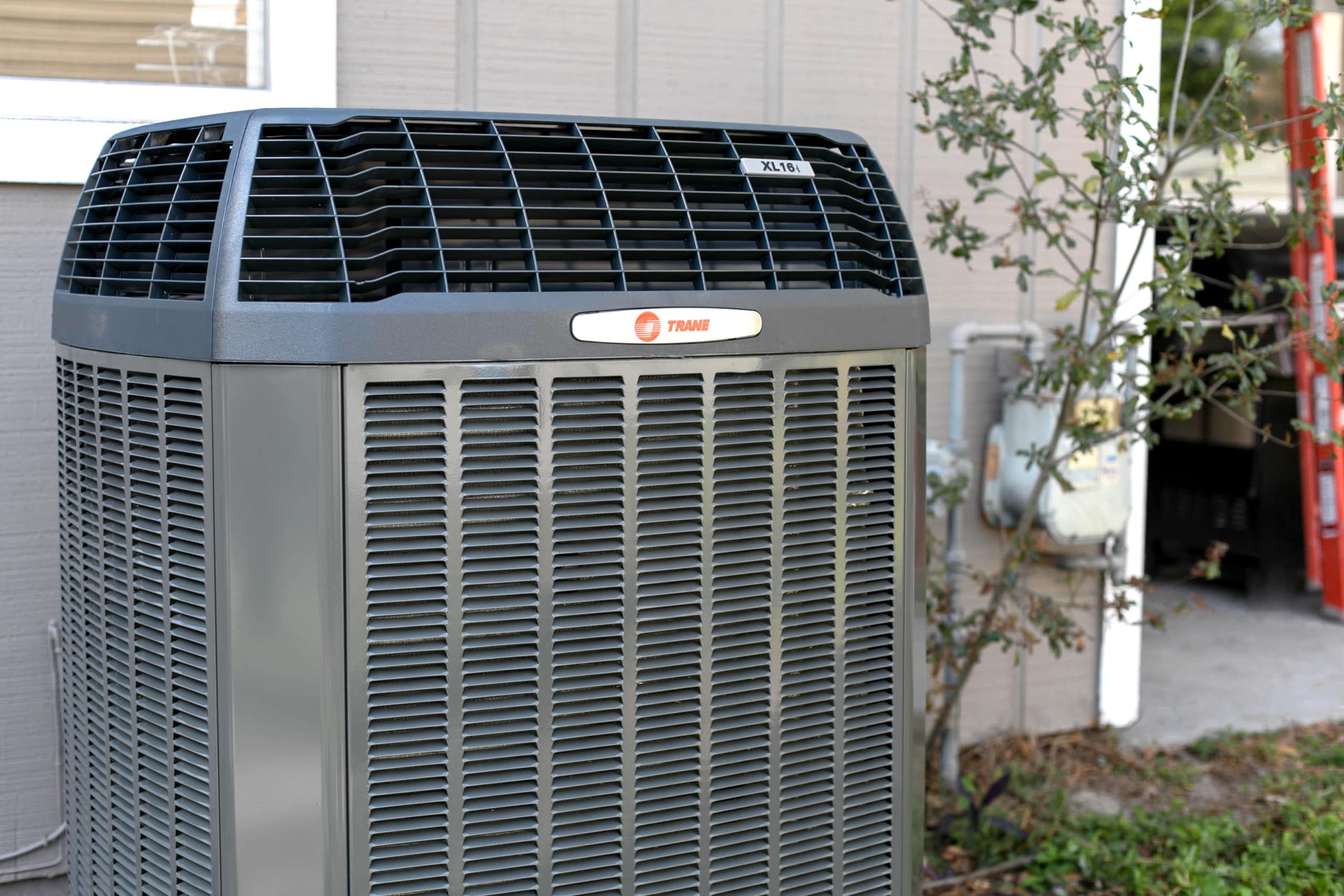When considering a water heater, the amount of information available can be overwhelming to sort through. You know you need a water heater, but you may not know what’s going to be the right fit for you! Luckily, we’ve got the information you’ll need to make an informed decision right here.
Several things factor into the cost of a water heater. The main two you’ll want to consider are tank storage and energy source.
What Are the Differences between Tank and Tankless Water Heaters?
When you begin researching water heaters, you will first need to determine whether you want a tank-based water heater or a tankless water heater. There are pros and cons to both options.
Tank water heaters are the most common type you will find. This is partly because tank heaters are cheaper to buy and install. If you decide to go with a tank, the next step is to determine how many gallons of storage you need. More gallons of storage increases the initial cost of the tank — forty gallons is the most common and will fulfill most household needs.
Tankless water heaters have been gaining popularity as of late. This is because tankless water heaters are a great way to make your home more energy efficient. Tankless water heaters can be up to 34% more efficient than traditional, tank water heaters. Along with the energy saved, tankless water heaters can last more than double the average lifespan of a tank water heater. The main drawback is you will have higher upfront costs for both the materials and installation.
What Are the Different Ways to Power a Water Heater?
Electric Heaters
Unlike other types of heaters, electric water heaters have no need for venting. This makes it the ideal choice for smaller homes or apartments that might not have room for ventilation systems. With no gas byproduct, electric heaters are one of the safest options for your home and are less likely to need maintenance.
While electric heaters tend to be on average cheaper to install than gas heaters, electricity is expensive and may cost you more over time.
Gas Heaters
Gas water heaters have several advantages that benefit your home. It is most well-known as one of the fastest heaters available. Since it doesn’t depend on electricity, you never have to worry about cold showers if you lose power.
Gas heaters may be more expensive to install, especially if your home doesn’t already have gas pipes. Compared to electric heaters, gas water heaters will reduce your energy bill since it’s reliant on natural gas rather than electricity.
Solar Heaters
If you want to be environmentally friendly, solar water heaters are a great option to reduce your carbon footprint! Using renewable energy not only benefits the environment, but it also can save you money on your bills. With how much sun Gainesville gets, solar also makes a great supplemental energy supply to other types of water heaters.
Keep in mind that solar water heaters have one of the most expensive installation processes. Be prepared for higher upfront costs with solar than other more traditional heating options.
Heat Pumps
With Florida’s year-long heat, one of the best options for your home is a heat pump. Heat pumps work by taking the warm air from outside and using it to heat water. The Department of Energy recommends keeping heat pumps in an environment that is above 40 degrees year around, making Gainesville a great place to install a heat pump water heater!
Heat pump installation is on the more expensive side. The average heat pump could cost you several thousand dollars. However, as one of the most energy-efficient water heating methods available, heat pumps are nearly guaranteed to pay for themselves over time.
How Much Does It Cost to Install a Water Heater?
With all the various types and methods of water heaters, the cost of purchase and installation is going to vary just as much. Water heater installation in Gainesville averages about $2000. The most significant factor in price is going to be whether or not you choose to have a tank and whether you need a replacement or a whole new installation.
Tips to Save Money on Water Heater Installation
Despite the possibly high costs, there are several things you can do to save money. If you’ve decided on a more energy-efficient heating system like a heat pump or solar, there may be rebates available. Check your local region to see if there are any rebates you qualify for.
Another way to reduce costs is to compare several different quotes. With Gator Air & Energy, you can feel confident you’re getting the best price and quality service. We also offer financing options to help lighten the load of upfront costs!
Gator Energy & Air Is Offering Water Heater Installation in Gainesville!
We’re excited to introduce a new service to our company. With years of experience in energy, Gator Energy & Air will work with you to determine the best water heater for your home and install it at affordable prices. Call us today to learn more about our new service!









